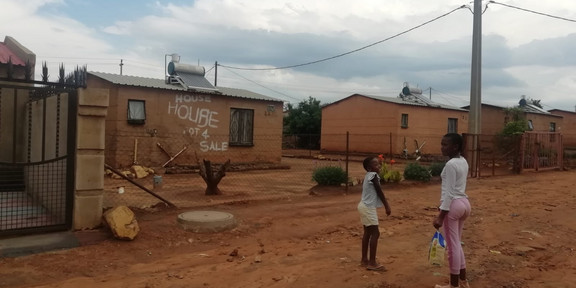New publication by Raffael Beier
- Forschung

article
Beier, Raffael and Nonhlanhla Mathibela (2025) The Occupation of State Housing as a Moral Obligation? Housing Welfare in Gauteng between reciprocity and liberalism. International Sociology, online first. DOI: 10.1177/02685809251343586
Keywords
State-subsidized housing/ Political responsibility/ Housing market/ Renting social housing/ Selling social housing/ Political actors/ Social justice/ Housing policy
Authors
Nonhlanhla Mathibela
Abstract
The article analyses how political actors mobilize a moral discourse to criticize practices of renting and selling state-subsidized housing by the original recipients. Although the disposals are largely legal, owners who do not occupy their units are affected by the state's moral expectations of reciprocity, which extend ambiguous moral claims about the proper use of the housing provided far beyond the law. First, we show how the post-apartheid welfare state, much like conditional cash transfer programs, promotes operational moral logics of mandatory reciprocity to steer people's behavior toward preferred forms of market integration. But the moral extension of interdependence works against the liberal foundations of its own housing policy. Second, we adopt a praxeological perspective to consider the operational moral logics that structure the ways in which recipients justify their own exit from state housing. While few respondents reject reciprocal obligations, many tend to adopt the state's moral discourse and reproduce reciprocal hierarchies.
More information here







